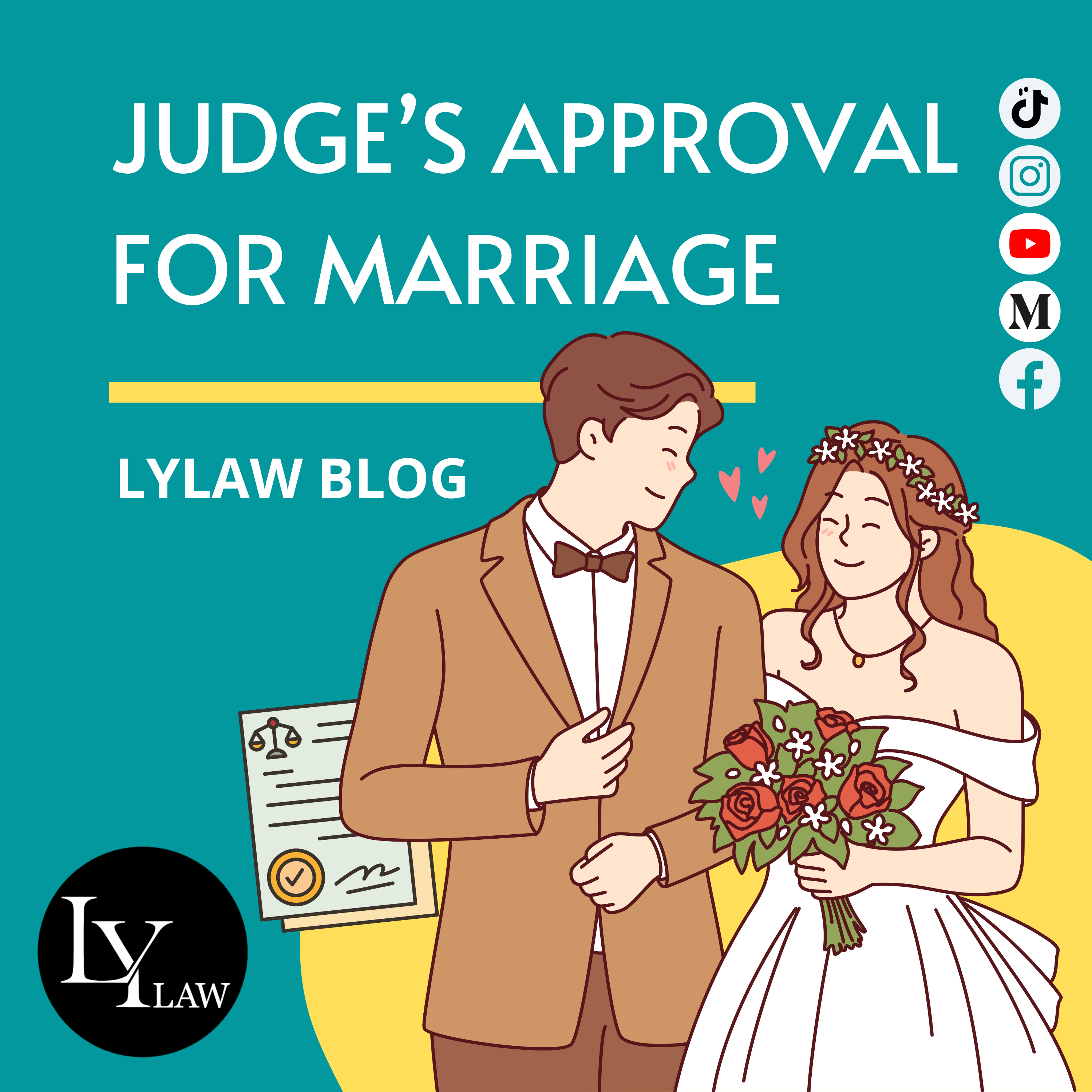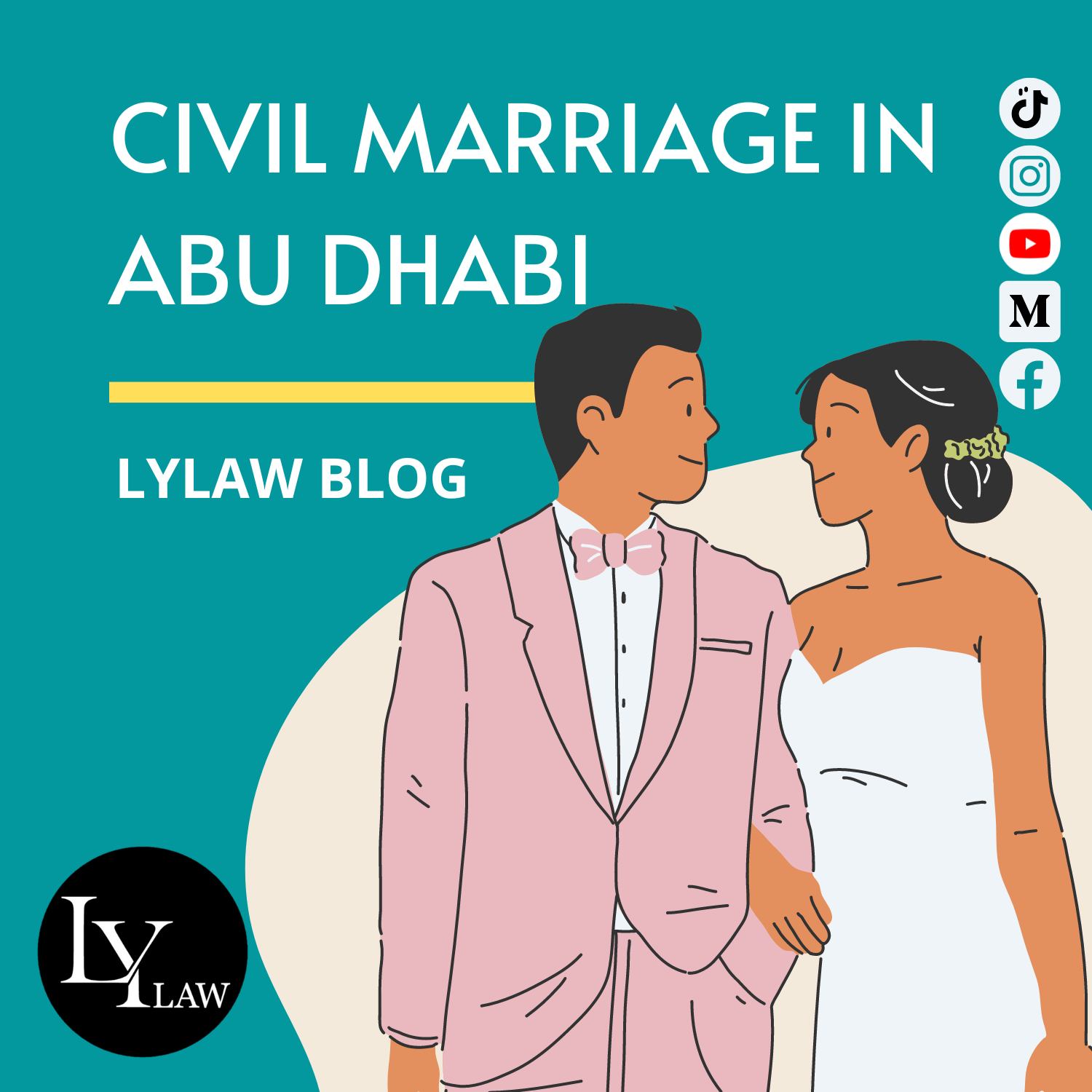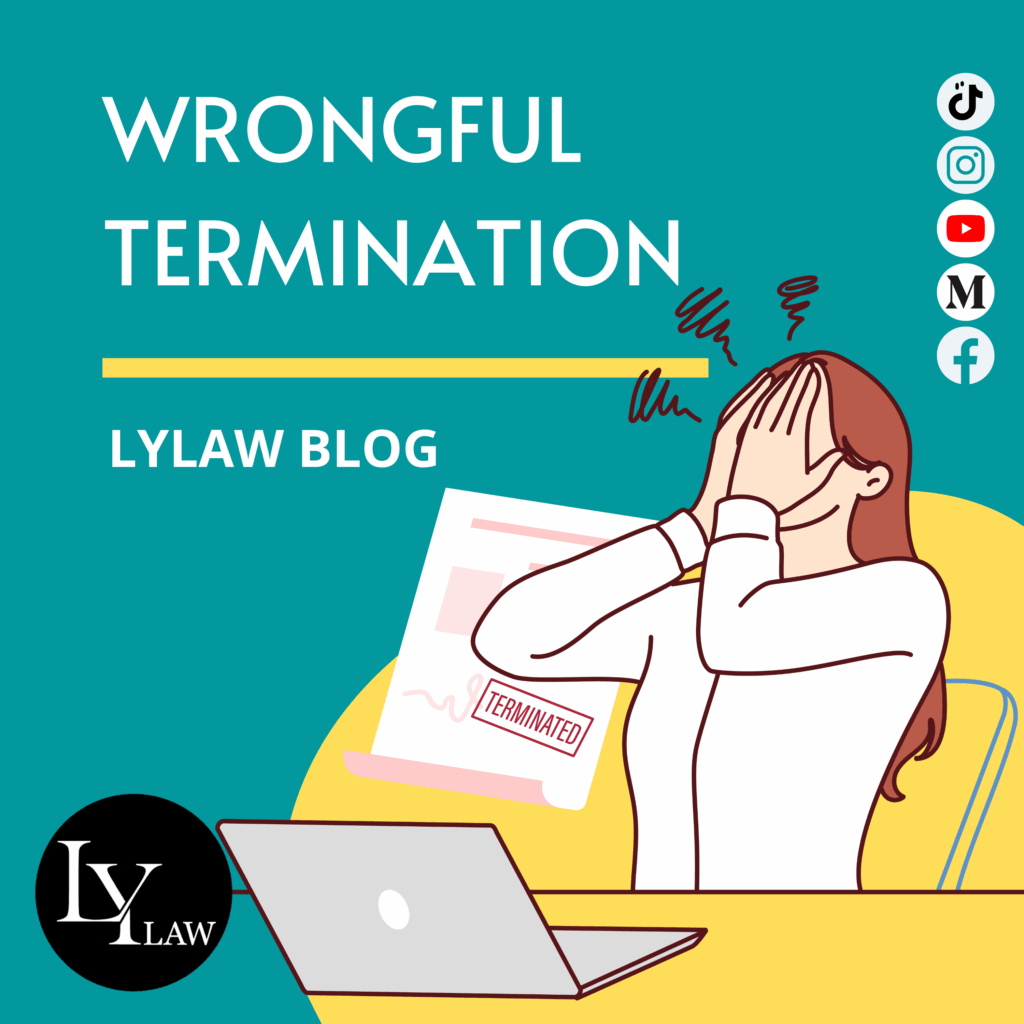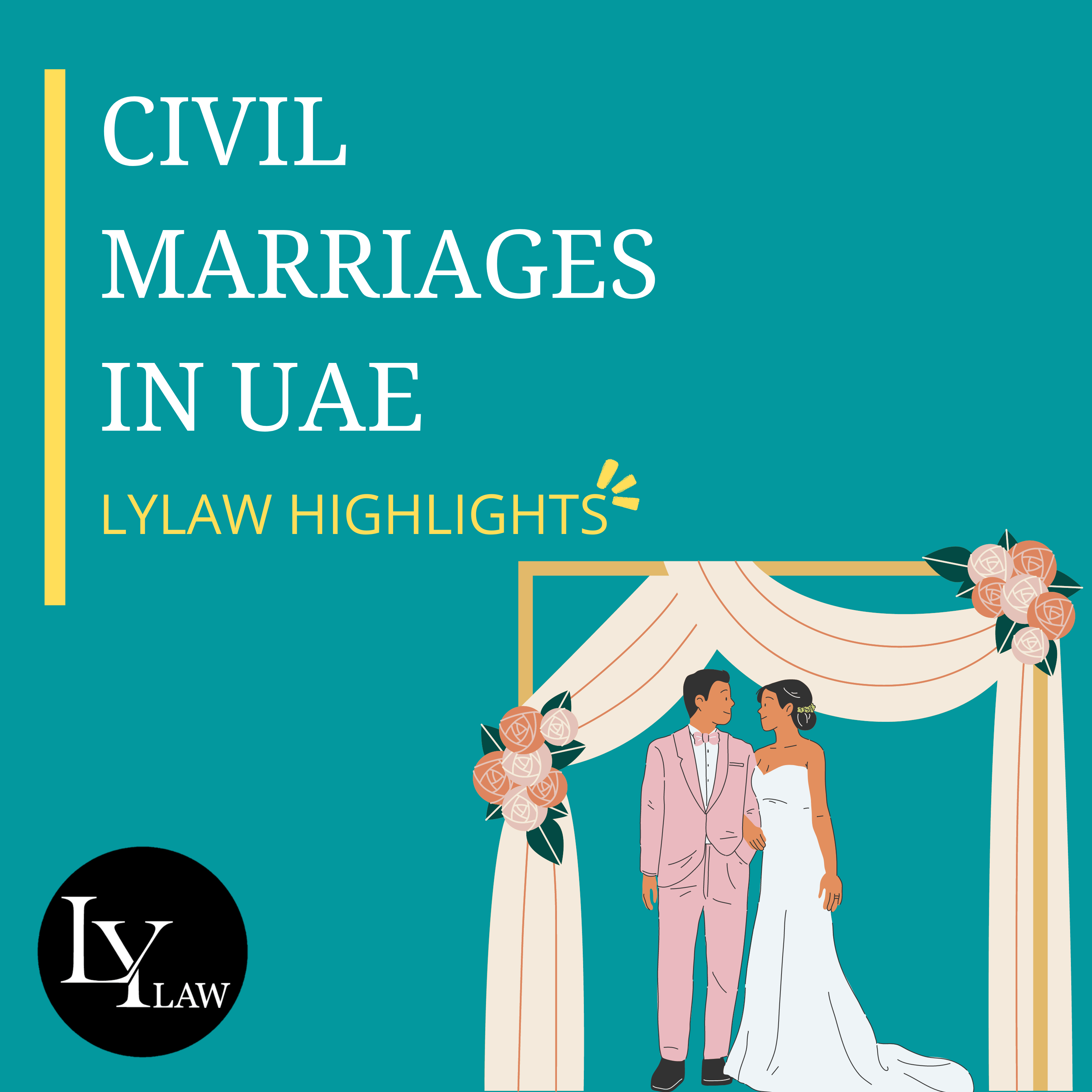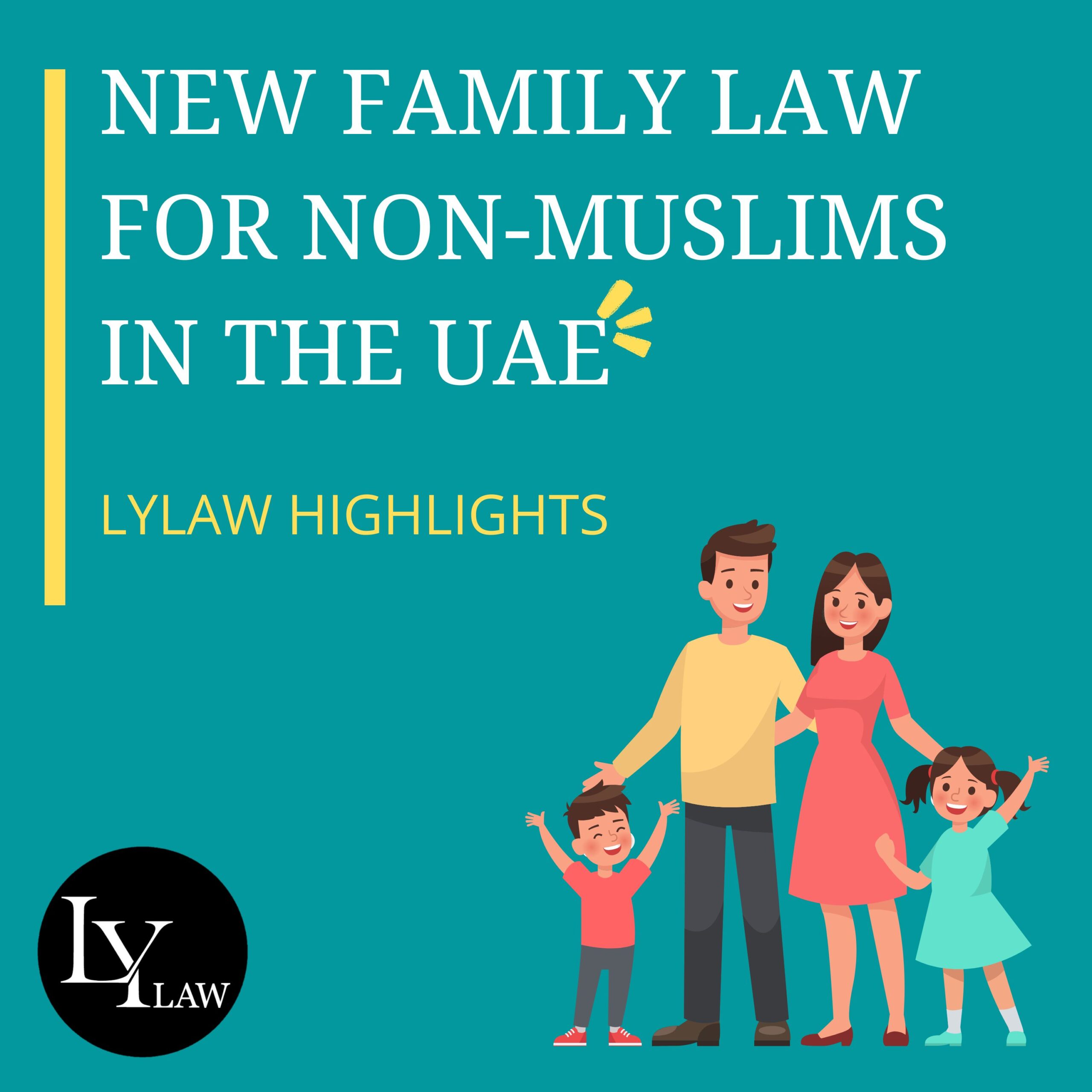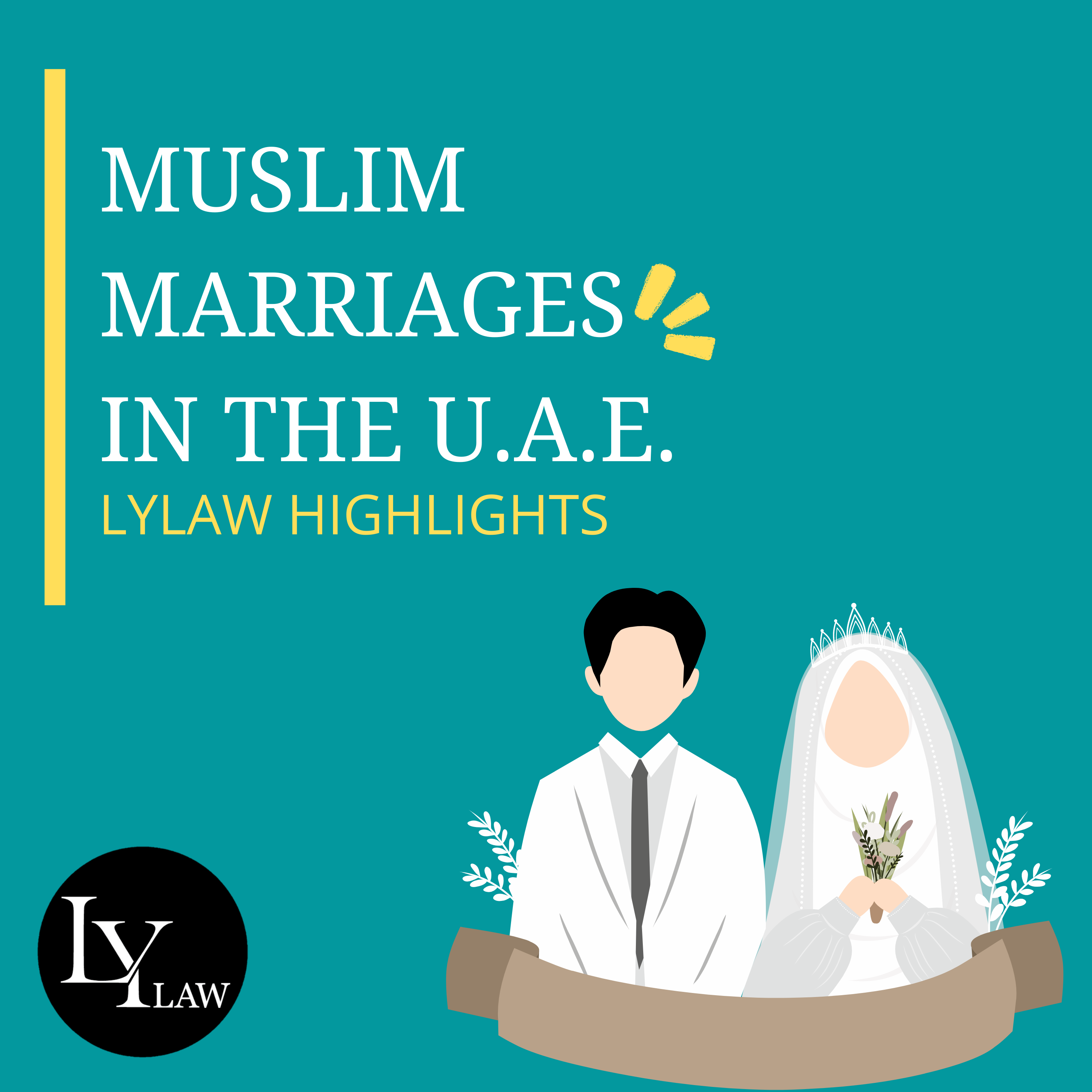In the UAE, adultery remains a criminal offense under Federal Decree-Law No. 31 of 2021, specifically Article 409 of the Crimes and Penalties Law. However, in line with recent legal reforms, the offense is no longer prosecuted automatically by the state. It can only be pursued if a private complaint is filed—typically by a spouse, or in limited cases, a legal guardian.
This shift reflects the UAE’s evolving approach to balancing criminal accountability with personal agency in matters involving marital fidelity.
Legal Definition of Adultery
Under Article 409:
- Adultery is defined as consensual intimate relations between two individuals who are not married to each other, while (in most cases) at least one of them is married to someone else.
- The law applies to both participants in the act—each faces equal legal consequences.
Though the statutory language is written with the assumption that the male is the actor, authorities have interpreted the law to mean that either spouse—husband or wife—can file a complaint for adultery.
Who Can File a Complaint?
A complaint must be filed in order for prosecution to proceed. Without such a complaint, no investigation or prosecution takes place.
- The primary complainant is the spouse of the accused.
- In rare instances, such as when the affected party is incapacitated, a guardian may be permitted to file the complaint.
Importantly, if the complaint is later withdrawn, the criminal case is dropped, or any sentence imposed is suspended.
Penalties for Adultery
The punishment for adultery depends on the circumstances:
If No Child Is Conceived:
- Both parties may face a minimum of six (6) months’ imprisonment.
If the Relationship Results in a Child:
- The sentence increases to a minimum of two (2) years in prison.
- However, the penalty may be waived if:
- The couple marries, or
- One or both individuals acknowledge paternity, and
- Official documents are issued for the child in accordance with relevant personal status laws.
The Evidentiary Standard: High, Specific, and Explicit
While adultery is criminalized, proving it in court is extremely difficult. This is due to the high burden of proof required under UAE law.
What the Law Requires
To secure a conviction, the complainant must present clear and specific evidence that an intimate relationship occurred. Suspicion, circumstantial behavior, or suggestive conduct is not sufficient.
In practice, this often means that unless the parties involved admit to the affair, or there is direct, incontrovertible evidence, the case may not succeed.
Photos and Videos
- Most people do not have photos or videos capturing the act in question. Surveillance or recordings are rare and often not legally obtained, which raises issues of admissibility.
WhatsApp Messages and Texts
- WhatsApp and other chat messages can be submitted as evidence, but they must be explicit—to the point of confirming an intimate physical relationship.
- Vague or suggestive messages are generally not sufficient. Courts require language that leaves no room for alternative interpretations.
- Messages must clearly demonstrate that intimate contact occurred, not just emotional closeness or plans to meet.
Other Evidence
- Hotel receipts, travel records, or witness testimony may support a claim, but rarely meet the legal standard on their own.
- DNA testing, in cases involving a child, can provide critical proof in support of a claim and also influence sentencing outcomes.
Key Considerations Before Filing a Complaint
- Adultery cases are highly personal, and the legal threshold for evidence is strict.
- Without direct proof or explicit communication, even morally convincing cases may not hold up legally.
- If a child is involved, establishing legal parentage becomes essential not only for criminal considerations but also for civil matters such as custody and documentation.
Conclusion
Adultery remains a punishable offense in the UAE, but its prosecution is now limited to private complaints filed by those directly affected. While the law continues to criminalize consensual intimate relations involving a married person, it does not allow the state to initiate charges without such a complaint.
That said, the evidentiary standard is high. Allegations must be backed by direct or unambiguous evidence, such as admissions, explicit communication, or documentation clearly pointing to the act of intimacy. In the absence of such proof, authorities are unlikely to proceed, even if suspicion is strong.
Understanding these legal nuances is essential when considering any action under UAE adultery laws—whether to file a complaint or assess the legal implications of a personal situation.


